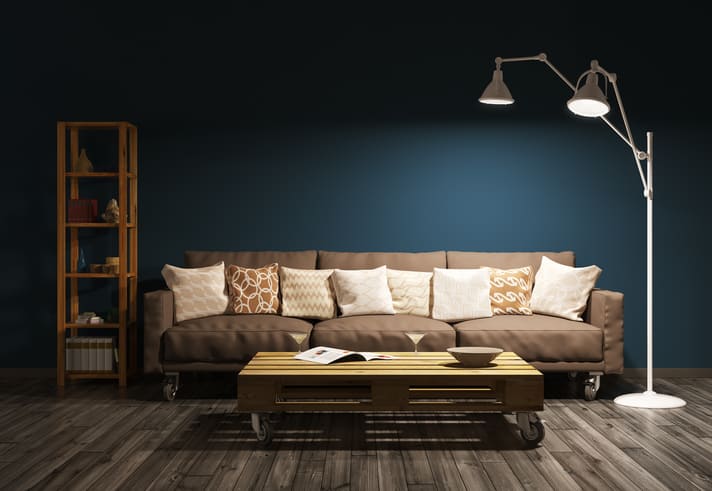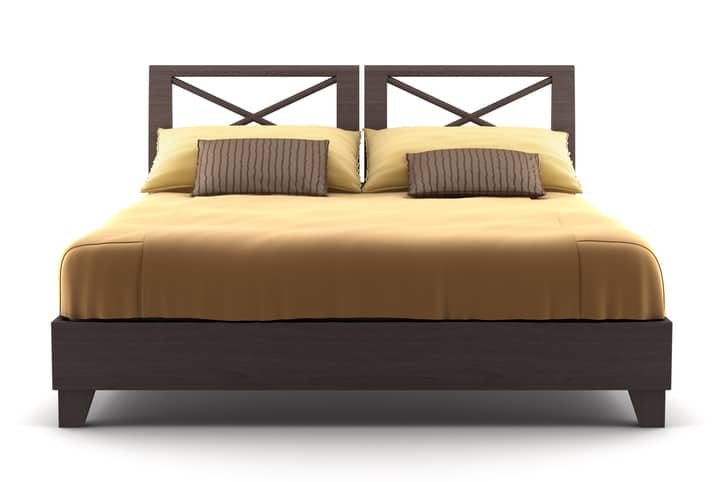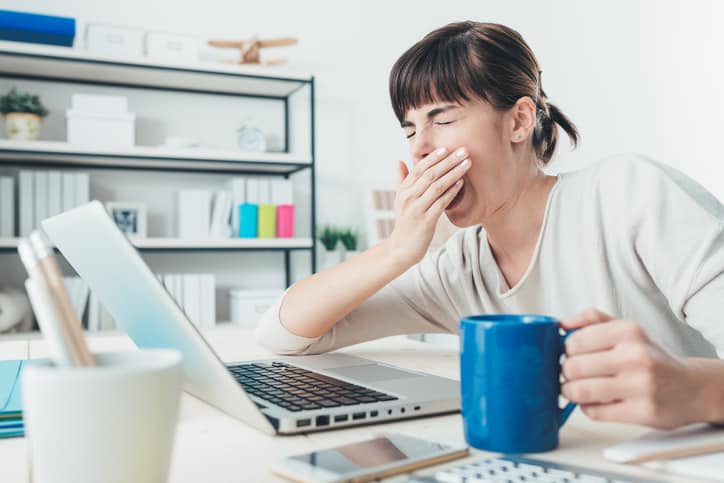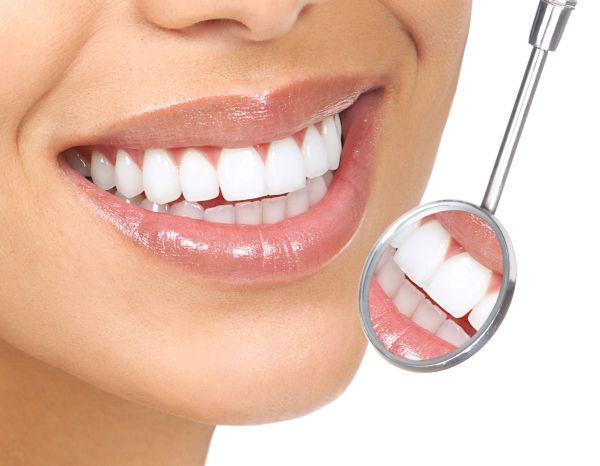Science has definitively proven that kindergarteners have found a daily practice that can benefit just about anyone. Naps can give you an energy boost, improve mood, enhance creativity and more. When you consider that the brain can get fatigued just like muscles, taking naps makes a whole lot of sense.
But many adults in the U.S. have trouble getting to sleep and staying asleep at night, let alone finding a way to do it during the day. Getting your nap right largely depends on where you take a nap.
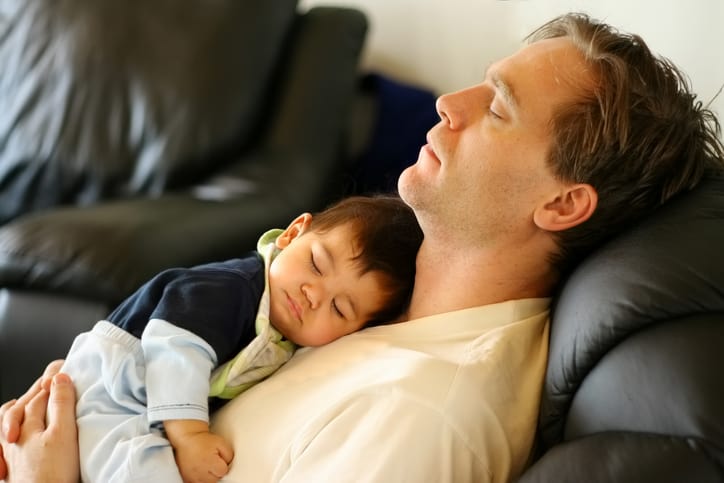
Recliners are quite possibly the most common place you’ll find men napping. Models like The Perfect Sleep Chair that recline all the way back lead to highly satisfying naps that are as rejuvenating as a night sleeping in a bed.
Pros:
- Puts you in a comfortable position
- Allows you to naturally drift off to sleep while watching television
Cons:
- No way to roll on side or stomach
- Have to make room for a sizeable piece of furniture in the living room
The couch is another common place where your spot people napping. It’s so easy to kick up your feet and relax; thus, couches can serve as a dedicated sleeping spot.
Pros:
- Can stretch all the way out
- Provide about the same amount of support and cushion as a bed
Cons:
- Higher likelihood of distractions
- More likely for people to walk in and disrupt your nap
- Not a whole lot of room to spread out
HAMMOCK
A hammock swinging leisurely in a shady nook is the ultimate spot for an outdoor nap. The imagery of hammocks alone is closely associated with rest and relaxation.
Pros:
- Very comfortable
- Allows you to sleep outside, off the ground
- Portable
Cons:
- Bugs disturbing your sleep
- Humidity or heat can limit windows for naptime
- Less control over the night and some noises
SLEEP PODS & COTS
Offices that are embracing the use of naps to increase productivity are creating special areas for their employees. Sleep pods are a relatively new concept in the U.S. but have been used in other countries for years. Cots can serve the same purpose at a lower cost.
Pros:
- Provides a dedicated place for napping in a busy environment
- Helps block visual distractors
Cons:
- Sleep pods can be expensive
- Still doesn’t block out noise
- Potential hygiene concerns if numerous people are using the space
BED
Last but not least is the bed. Many people tend to use another piece of comfy furniture for their naps, but there are those that like to lounge like they do at bedtime.
Pros:
- Plenty of space to spread out
- Familiar space for sleep
- Usually easier to control light
Cons:
- You might get a little too deep into sleep and nap too long
Can Ruin a Good Nap
Even if you find the perfect place to take a nap there are a number of other things that can thwart your efforts to get rest.
- Finding Time To Take A Nap
Americans are so busy and on the move, they don’t have enough time to get the recommended amount of sleep every night, let alone take a nap during the day. But just like anything else on your schedule, you have to make time for it.
- Noise, Especially Conversation
Once you close your eyes, the noise of the activity around you will be amplified. It can be a constant disturbance or interrupt sleep suddenly. Getting bits and pieces of a conversation can be particularly distracting. Napping in a public space, like an office, may require the use of noise-cancelling headphones.
- A Busy Mind
Sometimes the noise you hear is all in your head. A busy mind will keep racing even after you’ve laid down. Meditating for about five minutes is an effective way to calm a busy mind before napping.
- Light
It’s easier to sleep at night when there’s less light because darkness signals to the brain that it’s time to sleep. Find a spot where you can control the lighting or use a sleep mask to block the light.
Sleeping For Too Long
There’s a fine line between a power nap and going to bed. Sleeping for too long will leave you groggy rather than rejuvenated. If you want to maximize the benefits, sleep experts recommend keeping naps to a set limit. Just 10-20 minutes of napping is enough to boost energy and focus.




